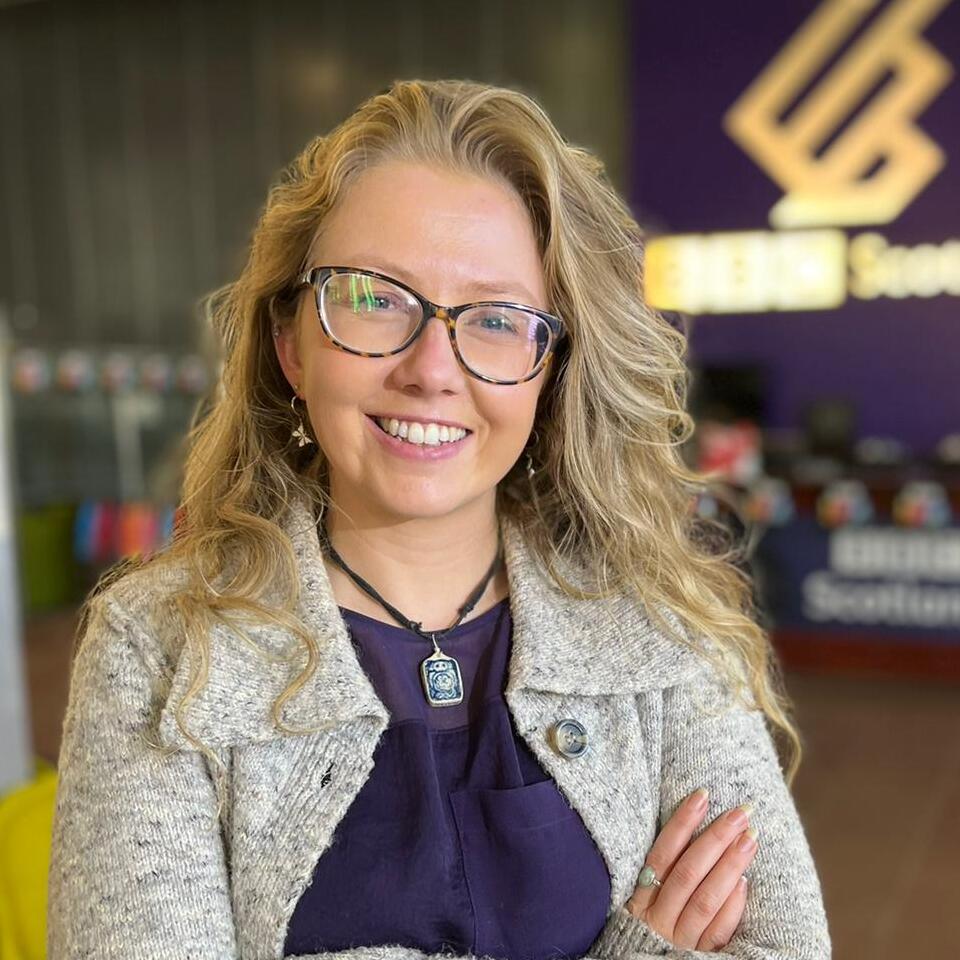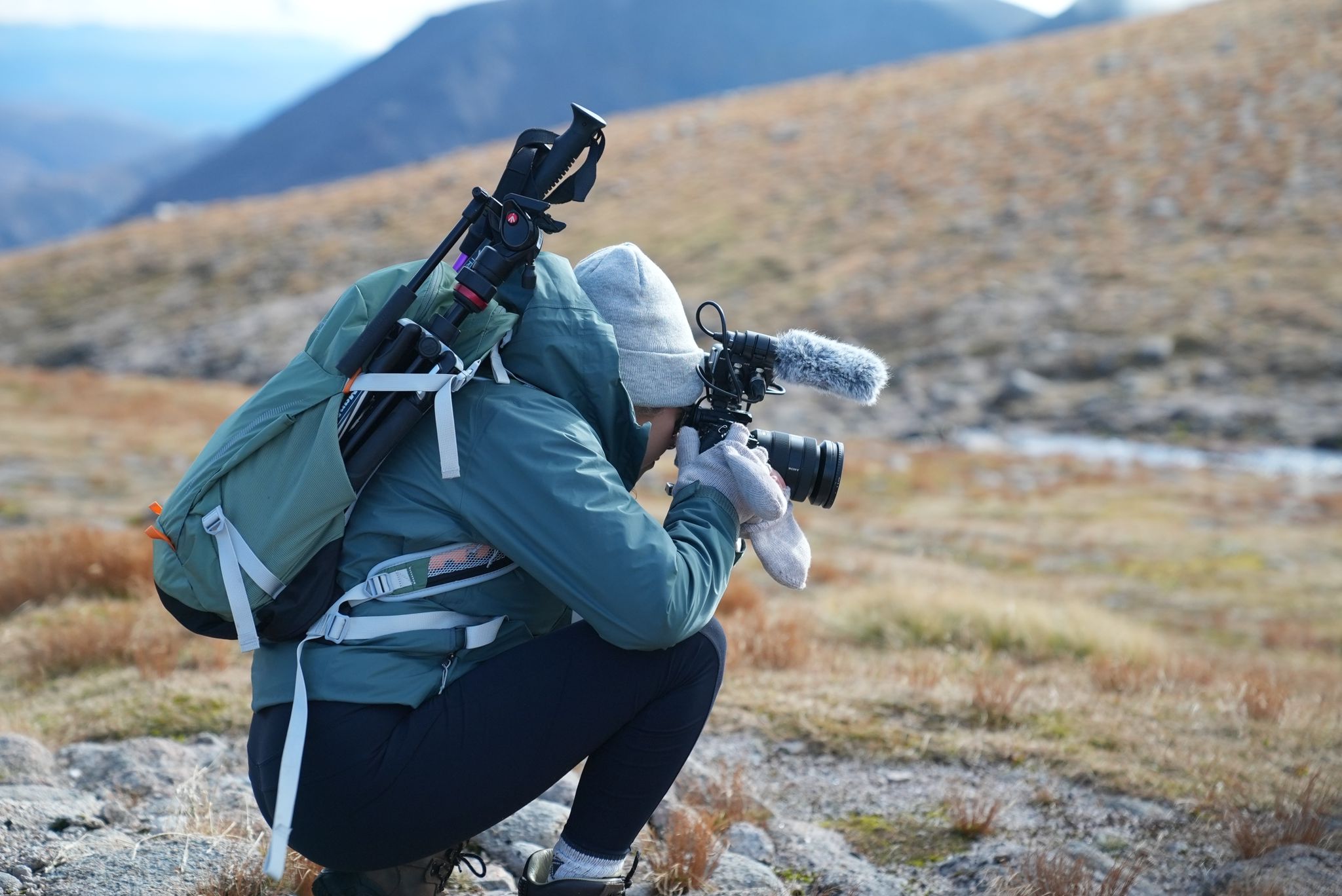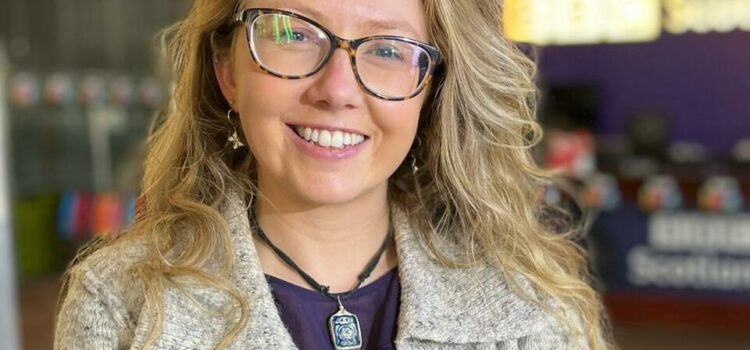
Round 2
Danielle Fleming
Nationality
Scottish
Career-level
Early-Career
Host institution
Barcelona Supercomputing Center
Spain
Residency project
Insects are adapting to new environments and as a result climate change is fuelling the spread of non-native infectious diseases to places they couldn’t survive before. According to researchers Europe is turning into a breeding ground for mosquito-borne diseases due to hotter temperatures and wetter weather. This creates a new series of global health challenges; there must be more information from major news organisations on the impact and prevention of climate-induced disease.
This three-month project will focus on the research of Professor Rachel Lowe and the Global Health Resilience Group (GHR) at the Barcelona Supercomputing Centre (BSC). They are researching how the changing disease burden is attributed to human induced climate change, specialising in infectious diseases such as, dengue fever. GHR develop machine learning health models, combining meteorological and satellite data with socioeconomic information to predict where and when disease spread (such as dengue fever) might occur to strengthen global health resilience to emerging threats. This project would present greater awareness of the problem and create a call to action to promote policies and address the issue on a global level.
Read Moretechnological development and combat climate change effects.
GHR aim to use the Destination Earth datasets to create new statistical models to make predictions on climate change, and track global infectious disease spread over the next decades – their aim is to advance scientific knowledge and push the boundaries of what’s possible.
My objective is to spend 3 months with Professor Lowe and GHR as they begin to forecast outbreaks and to create a series of content to be submitted to BBC global outlets.

One of the most important aspects the fellowship offers is the potential to create an abundance of contacts. It’s rare you get to find the time or the funding to ensure you’re meeting the right people and really digging into the scientific work they do. In my first few days I’ve already had important conversations with scientists on their frustrations and how the media could improve reporting on climate change. I feel like I’ve been given an opportunity to bridge two very important worlds.
I went to Barcelona to meet the earth science department – I was inspired, and I got to work on a proposal. Within a very short space of time, I found out I received the grant, and I was moving to Barcelona. It all happened so quickly, and I feel privileged to be a part of this journey.
